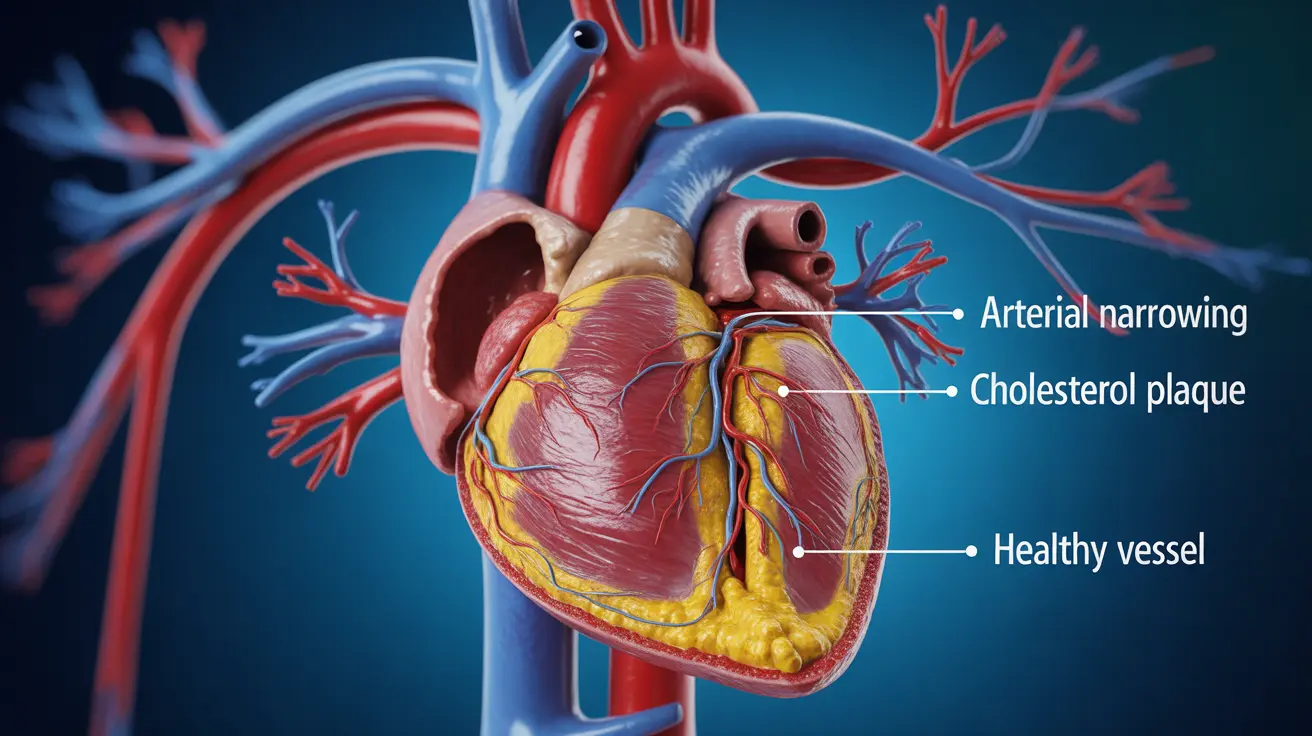Lysine is an essential amino acid that plays a crucial role in your body's protein synthesis, immune function, and calcium absorption. Since your body cannot produce lysine on its own, it's vital to obtain it through your diet. Understanding which foods are rich in lysine can help you maintain optimal health and ensure you're meeting your daily nutritional needs.
Whether you follow a traditional omnivorous diet or prefer plant-based options, there are numerous delicious and nutritious foods that can provide you with adequate lysine. Let's explore the best dietary sources of this important amino acid and learn how to incorporate them into your daily meals.
Top Animal-Based Sources of Lysine
Animal products are typically the richest sources of lysine, making them efficient choices for meeting your daily requirements:
- Lean poultry (chicken and turkey)
- Fish (particularly tuna, salmon, and cod)
- Lean beef and pork
- Eggs
- Low-fat dairy products (cheese, yogurt, milk)
These foods not only provide substantial amounts of lysine but also offer complete protein profiles and other essential nutrients.
Plant-Based Foods Rich in Lysine
Contrary to popular belief, many plant-based foods contain significant amounts of lysine:
- Legumes (lentils, chickpeas, and various beans)
- Quinoa
- Soy products (tofu, tempeh, edamame)
- Pumpkin seeds
- Pistachios
These options are particularly important for vegetarians and vegans to ensure adequate lysine intake.
Understanding Daily Lysine Requirements
The average adult needs approximately 12 mg of lysine per kilogram of body weight daily. For a 150-pound (68 kg) person, this translates to about 816 mg of lysine per day. Athletes and individuals recovering from injuries may require higher amounts.
Factors Affecting Lysine Needs
- Physical activity level
- Age and overall health
- Current health conditions
- Stress levels
- Healing from injuries or wounds
Health Benefits of Lysine-Rich Foods
Including adequate lysine-rich foods in your diet can provide numerous health benefits:
- Supports calcium absorption and bone health
- Promotes collagen formation
- Helps in wound healing
- Supports immune system function
- May help reduce anxiety and stress
Smart Ways to Incorporate Lysine-Rich Foods
Consider these practical tips for increasing your lysine intake:
- Start your day with Greek yogurt topped with pumpkin seeds
- Include legumes in your soups and salads
- Choose quinoa as a base for grain bowls
- Add lean protein sources to your main meals
- Keep nuts and seeds handy for snacking
Frequently Asked Questions
Which foods are richest in lysine for a healthy diet?
The richest sources of lysine include lean meats (particularly poultry), fish, eggs, dairy products, and legumes. Animal-based proteins typically provide the highest amounts per serving, while legumes and quinoa are excellent plant-based options.
What are the best plant-based foods high in lysine?
The best plant-based sources of lysine include legumes (particularly lentils and chickpeas), quinoa, soy products (tofu, tempeh), pumpkin seeds, and pistachios. These foods can provide adequate lysine for those following vegetarian or vegan diets.
How much lysine do I need each day from foods, and can I get enough from a vegetarian or vegan diet?
Adults need approximately 12 mg of lysine per kilogram of body weight daily. Vegetarians and vegans can meet their lysine requirements through careful meal planning, ensuring regular consumption of lysine-rich plant foods like legumes, quinoa, and soy products.
What are the health benefits and potential risks of eating more lysine-rich foods?
Benefits include improved calcium absorption, better immune function, enhanced wound healing, and potential stress reduction. While lysine from food sources is generally safe, excessive intake through supplements could lead to gastrointestinal issues. Most people can safely obtain adequate lysine through a balanced diet.
Are lysine supplements safe and effective compared to getting lysine from food?
While lysine supplements can be safe when taken as directed, obtaining lysine from food sources is generally preferred. Food sources provide additional nutrients and better absorption. Supplements should only be considered under healthcare provider guidance, particularly if dietary intake is insufficient or for specific medical conditions.




